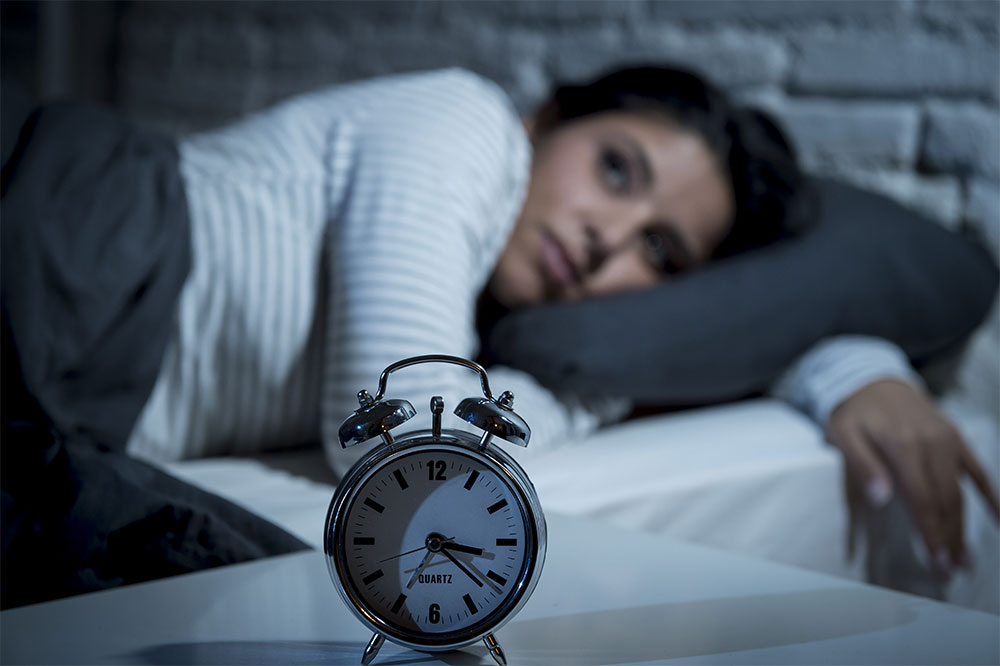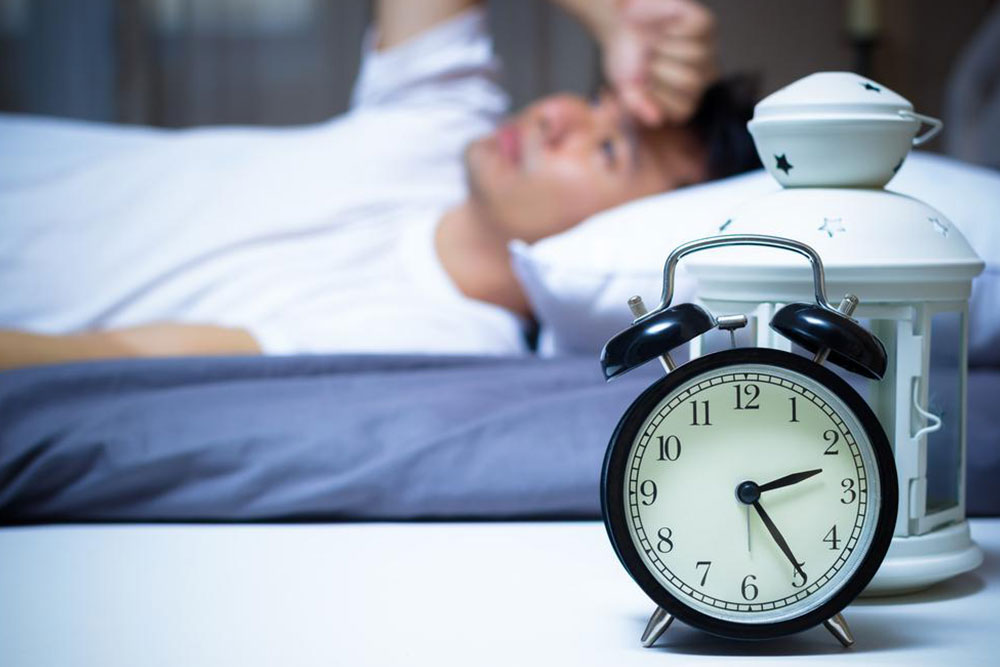Understanding and Managing Common Sleep Problems
Explore common sleep disorders like insomnia and sleep apnea, their symptoms, causes, and effective treatments. Learn how to improve sleep quality and safeguard your health through proper diagnosis and therapy options.
Sponsored

Disruptions in sleep patterns can significantly affect daily performance and overall health. Adults require seven to nine hours of restful sleep each night to function effectively.
In today’s fast-paced world, maintaining healthy sleep routines is challenging, leading to various sleep issues that impact long-term well-being.
Common sleep disorders and their remedies
Insomnia
Insomnia is characterized by difficulty falling asleep or staying asleep, despite feeling tired. It can affect people even after a long day at work. Causes include irregular sleep schedules, breathing problems, hormonal shifts, and circadian rhythm disruptions. Distinctions include chronic insomnia, featuring persistent sleep issues and fatigue, and transient insomnia, often triggered by stressful life events that disturb mental stability and sleep quality.
**Treatment options** include medication prescribed by healthcare providers, especially if depression or anxiety contributes. Non-drug therapies such as cognitive behavioral therapy, relaxation techniques, hypnosis, and stimulus control are also effective.
Sleep apnea
This serious disorder involves airway blockages, resulting in breathing difficulties during sleep. Symptoms include loud snoring, choking, waking up with a sore throat, daytime fatigue, and headaches. As oxygen supply is compromised, wakefulness and discomfort occur throughout the night.
**Treatment approaches** encompass the use of CPAP machines that maintain open airways with gentle air pressure, often via nasal masks. Alternatives include oral devices or surgical procedures for severe cases. Proper management can significantly improve sleep quality and overall health.






